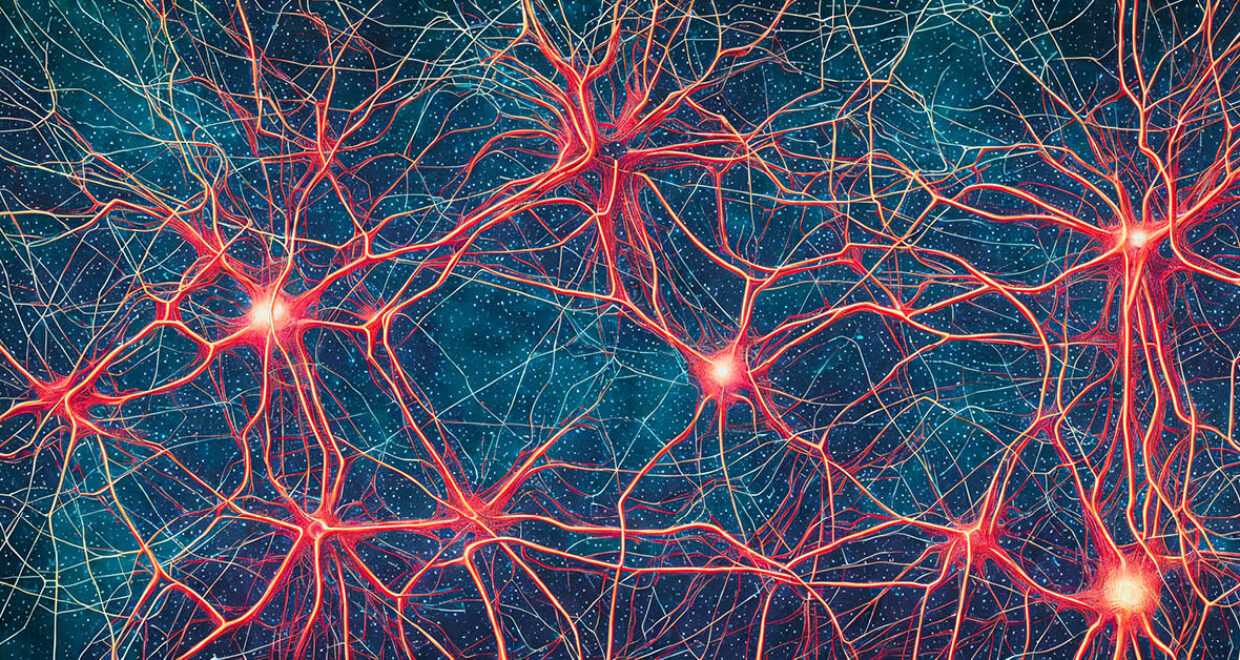“Amnesia Pills, Doctor, Where Do They Sell Those?”
Author: Marcos Leonardo Juarez Aguaysol
In the September 25 edition of Muses – This month’s edition is a treat from Argentina. Written by Dr Marcos Leonardo Juarez Aguaysol, who previously published a riveting piece on learning about Alejandra Pizarnik from his patient, this piece yokes together a patient’s psychotic experience, a Cumbia song by Bronco, Borges and neurologyl.
Despite being from Mexico, the song ‘Pastillas de amnesia’ by Bronco is frequently heard in the northern provinces of Argentina, specifically at parties in the working-class neighbourhoods of Jujuy.
When I was a resident doctor, a male patient recently hospitalised for a psychotic episode due to a substance withdrawal crisis came to his follow-up clinic appointment for an evaluation. He looked much better, very lucid. He complained that he remembered his psychotic episode in great detail, so he sang a few lines of that song and, with an ironic and humorous tone, he asked, “Amnesia pills, Doctor, where do they sell those?”
For me, that was an epistemological moment about how cruel memories can be. For me, that forgotten Cumbia song resonated with fiction about hypermnesia, the anguish of remembering and my cultural context.
Hypermnesia occurs when a person remembers life experiences in vivid detail. These are extremely rare conditions in both real life and clinical cases, but when I thought about it, I remembered a piece of fiction, “Funes the Memorious” by Jorge Luis Borges, the most important Argentinian writer.
That terrific short story with an illustration by Alejandro Sirio was published on the third page of a Sunday supplement of Diario La Nación, on June 7th, 1942. It told of the vicissitudes of Ireneo Funes, a peasant from Fray Bentos who, after falling off a horse and hitting his head hard, recovers consciousness with the incredible skill or perhaps curse, of remembering absolutely everything.
Jorge Luis Borges (1899 – 1986) has received universal acclaim for the depth with which he approached matters of philosophic and scientific import in his writings. Long before me, another Argentinian, Rodrigo Quian Quiroga, a researcher who lives in Leicester, United Kingdom, wrote an excellent book, Borges and Memory: Encounters with the Human Brain. Quiroga found that his extensive studies of the brain, undertaken by himself and his colleagues, were impressively illustrated in Borges’s short story written decades before their research. Although Funes remembered everything in great detail, he was incapable of abstraction.
At my clinic that day, the Cumbia song highlighted for me that memory is where we store both our recollections and our forgotten moments.
Oh, right, what did I tell him? That there are no pills to forget, but many ways to tell the story of what he survived.
Welcome to Muses – the arts blog from BJPsych International. This new blog aims to highlight international art and artists, particularly from low-and-middle-income countries, with a focus on mental health. We welcome submissions for consideration, such as, comments on artwork, visual arts, literature, drama, films, podcasts, and videos. Do have a look at the instructions for blog authors for details on how to submit. General enquiries about the blog: BJPInternational@rcpsych.ac.uk
Dr Marinos Kyriakopoulos, Editor-in-Chief, BJPsych International





